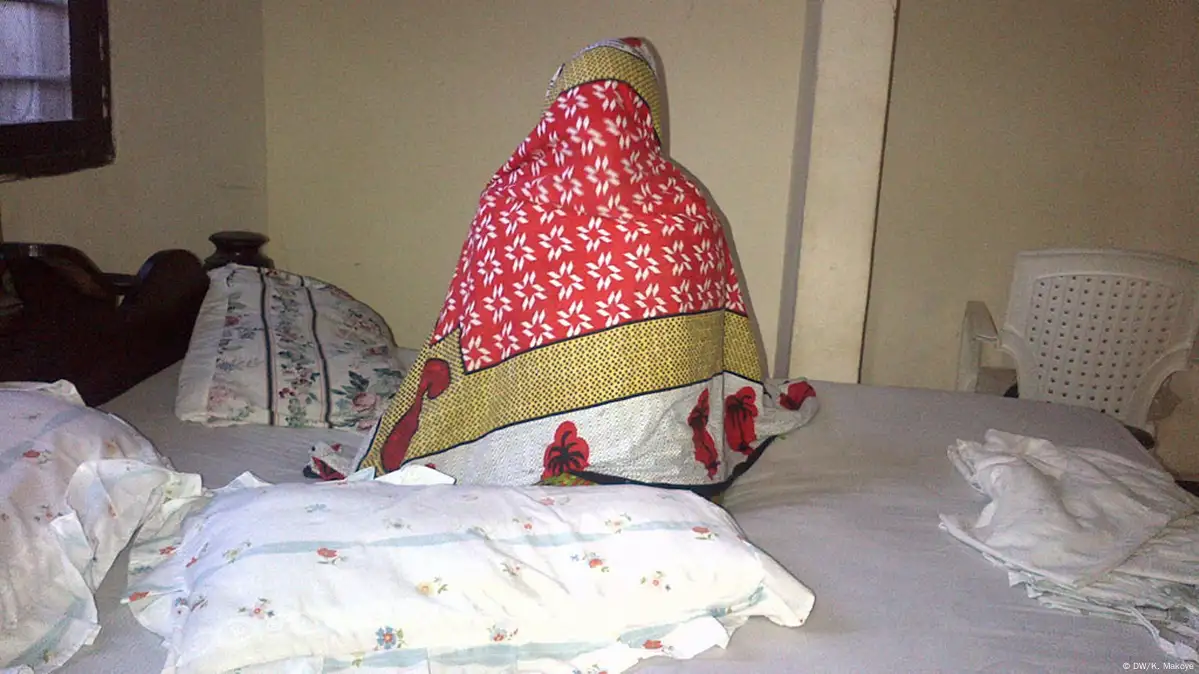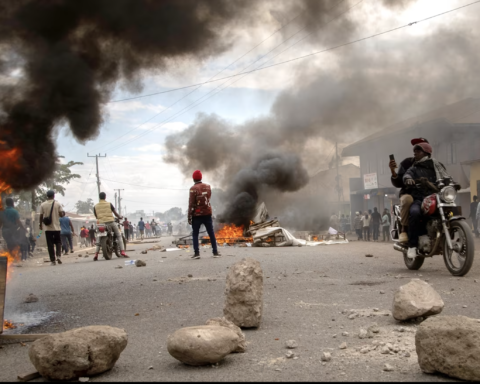In the quiet corners of Tanzanian hospitals, a silent crisis unfolds every day—one that drains not only the national health budget but also the dreams and lives of countless women.
Unsafe abortions are claiming too much: over TZS 10.4 billion annually and far too many lives that could be saved.
While the law is clear—abortion in Tanzania is only allowed if the mother’s life is at risk—the reality is far messier. Thousands of women are forced into secrecy, resorting to dangerous methods that include cassava sticks, bicycle spokes, metal wires, or misused medication like misoprostol. The results are devastating: severe bleeding, life-threatening infections, perforated uteruses, and in some cases, irreversible infertility or death.
In just six months—between January and June 2023—the Ministry of Health, through the Medical Stores Department, spent over TZS 245 million on emergency supplies to treat complications from unsafe abortions. That figure, however, is only a small part of the larger economic burden. Every year, Tanzania pours billions into post-abortion care—money that could be saved with better access to reproductive health services and policy change.
“This isn’t just about health care,” says Dr. Ali Said, an obstetrician and gynecologist at Muhimbili University of Health and Allied Sciences. “It’s about the rights and dignity of women. No one chooses danger when they have a safe option.”
According to a 2018 study by Guttmacher Institute, Tanzania sees around 2.9 million pregnancies a year. Of these, 1.3 million are unintended, and about 430,000 end in either miscarriage or abortion—many of them unsafe. Shockingly, about 19 percent of maternal deaths in the country are linked directly to unsafe abortion.
Internationally, unsafe abortions are a known crisis. The World Health Organization (WHO) estimates that 25 million unsafe abortions take place each year, mostly in developing countries, where laws are restrictive and health services limited.
Tanzania has ratified the Maputo Protocol, which calls for access to safe abortion in cases such as rape, incest, or threats to the mental and physical health of the mother. But the nation’s penal code still enforces up to 14 years in prison for illegal abortion, pushing women into the shadows.
The human cost is too great to ignore. From emergency rooms overwhelmed with complications, to families left grieving young daughters, the ripple effects are immense.
Also Read; Kenya Confirms 25 Chikungunya Cases in Mombasa
Many women never seek care at all, afraid of being arrested or judged, and they quietly suffer—or worse, die—in their homes.
There is hope, though. Expanding access to family planning and modern contraceptives, improving sexual education, and reforming abortion laws could drastically reduce the need for unsafe abortions.
In countries like South Africa, where abortion laws were liberalized in the late 1990s, abortion-related deaths dropped by over 90%. The same can happen in Tanzania, if the conversation shifts from punishment to protection.
Because behind every number is a face. A girl who dropped out of school. A mother who never made it home. A woman who will never bear children again. And a society that must decide whether it will continue paying the price of silence—or choose compassion and reform.







